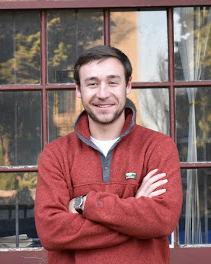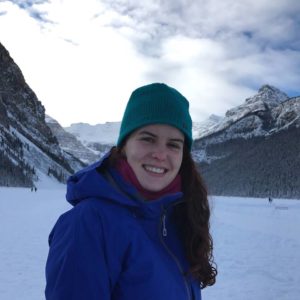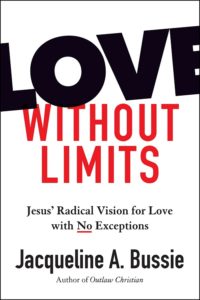 Jesus’ Radical Vision for Love with No Exceptions
Jesus’ Radical Vision for Love with No Exceptions
In Love Without Limits, Jacqueline Bussie imparts practical solutions for people of faith who yearn to love across division and difference in these troubled times. Every day, millions of people lament the loss of civility, respect, and hope, and they wonder if it’s possible to cultivate a love big enough to overthrow hate and heal our hurts. Bussie says yes, it is possible, and shows how to do it in this engaging book about life and love. Through poignant personal memoir, engaging theological reflection, inspiring true stories of boundary-busting friendships, creative readings of scripture, and surprising shout-outs to some of love’s unsung heroes, Bussie challenges readers to answer God’s call to practice a love so deep, it subverts the social order; so radical, it scandalizes the powerful; so vast, it excludes no one. She urges readers to widen love’s wingspan and to love as God loves–without limits or exceptions.
Reviews and endorsements of the publication include:
“If you believe, as I do, that love is the heart of Jesus’ message and should be the point of the Christian life, then you’ll be surprised to see how few books there are that aim specifically to help you become a better practitioner of love. And you’ll be thrilled when a book like this comes along—super well-written, really inspiring and practical, deeply engaged with scripture, and joyfully celebrating the primacy of love.”—Brian D. McLaren, author of The Great Spiritual Migration
“This is a book about love, but not just any love. It’s about cosmic love, deep-faith love, break-down-walls love. Every page pulses with that same radical love. Read it and let the contents pour into you and make you better.”—Eboo Patel, author of Acts of Faith
“Love Without Limits is more than a book; it is a profound and witty guide to a way of life—no, not just a way of life, but the way of life Jesus outlined for us in his life and teachings, if we would only pay attention. Over and over again this gracious book reminds us that “love without limits” is not only our goal, but is possible if we have the courage to attempt it and to pay, if necessary, the price. I love this book. It has become part of me.”—Anthony S. Abbot, author of The Angel Dialogues and winner of the North Carolina Award for Literature
For more information on the publication, click here.
Jacqueline Bussie is a professor of religion at Concordia College and is the director of the Forum on Faith and Life.

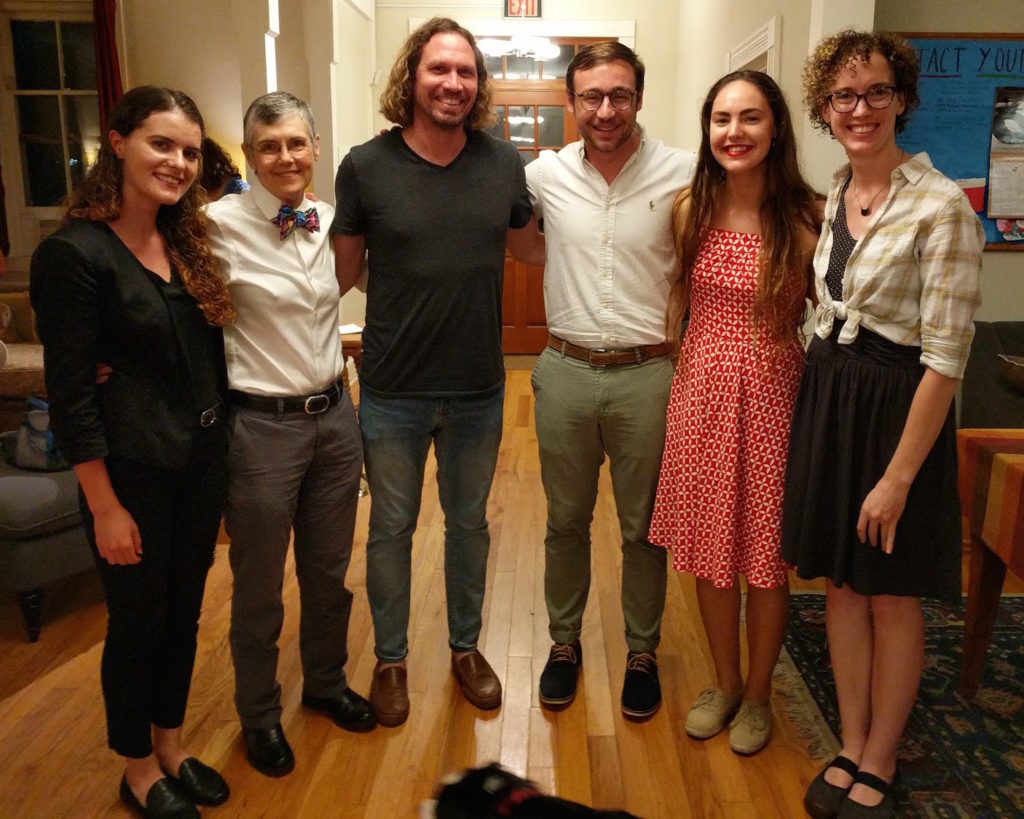

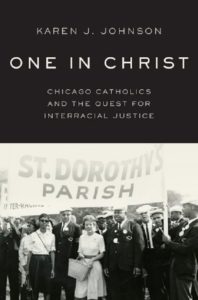
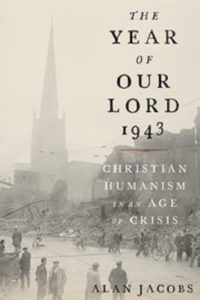
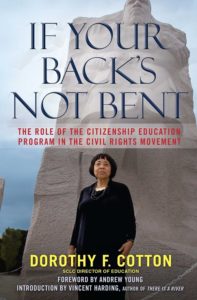
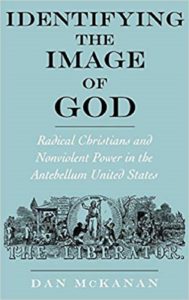
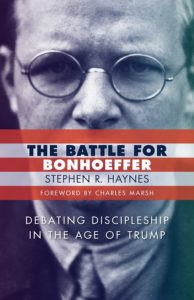
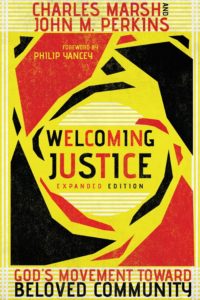
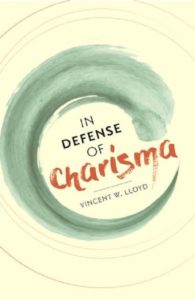
 The 2018 Summer Interns in Lived Theology will give their final presentations on Wednesday, October 3rd at Common Grounds, located at Rugby Rd. and Gordon Ave. in Charlottesville. The presentations will begin at 7 pm. The public is invited, and admission is free.
The 2018 Summer Interns in Lived Theology will give their final presentations on Wednesday, October 3rd at Common Grounds, located at Rugby Rd. and Gordon Ave. in Charlottesville. The presentations will begin at 7 pm. The public is invited, and admission is free.